5 discreet fitness trackers I'd recommend if you don't want a smartwatch
Discreet fitness trackers are in again
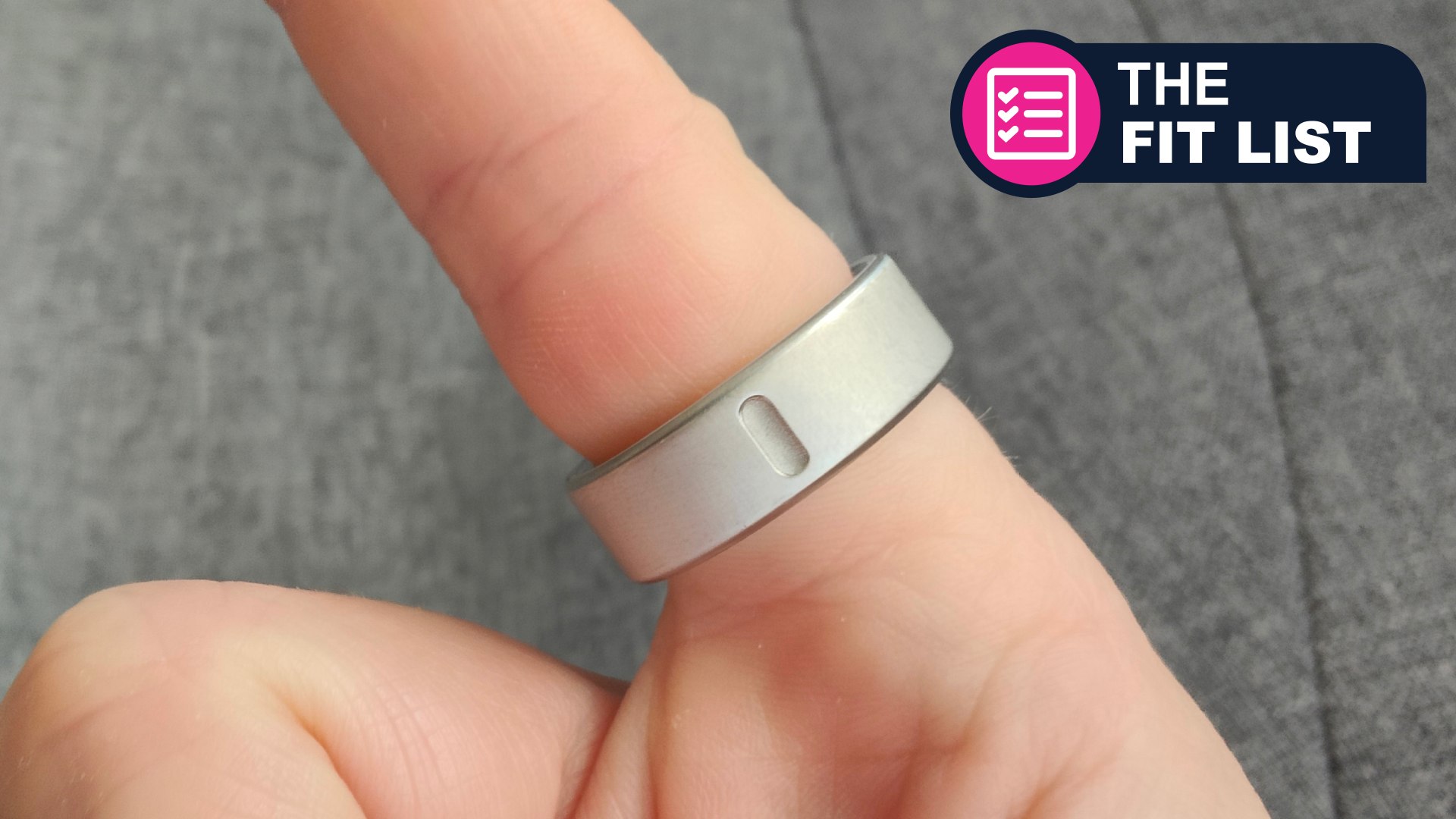
The corner of the TechRadar site that swaps processors for press-ups, The Fit List is our regular series of fitness listicles. We explore how to use technology to improve your health, all in handy bite-size pieces of advice. You can read the whole series here.
I test smartwatches for a living, so there's no getting away from the fact that I use them a lot. The best smartwatches are comprehensive health, communication and personal management tools, allowing us to pay without wallets, navigate without our phones, log our workouts effectively and monitor our health 24/7.
However, as extensions of our phones, they also represent connection. I'm a big advocate of taking deliberate time away from the constant mess of screens in my life, but having a smartwatch on my wrist often means there are far fewer avenues for escape.
Even the great outdoors offers no respite. If I go for a run, a screen is flashing at me, telling me to speed up or slow down. As soon as I wake up, my smartwatch sends me a morning report giving me detailed breakdowns on my sleep and calendar for the day. If I've left notifications on, I get haptic feedback buzzing away on my wrist throughout the day.
All these features are valuable in isolation. However, together with my phone doing its best to grab and hold my attention with persuasive algorithms, my office job in which I use a computer all day, and the lure of the TV or PlayStation on the weekends, I'm starting to get my fill of screens. When I'm not actively testing the best running watches or GPS trackers, I'm increasingly trending towards screenless, discreet health tracking tools. Here are five I'd recommend.
1. Oura Ring 4
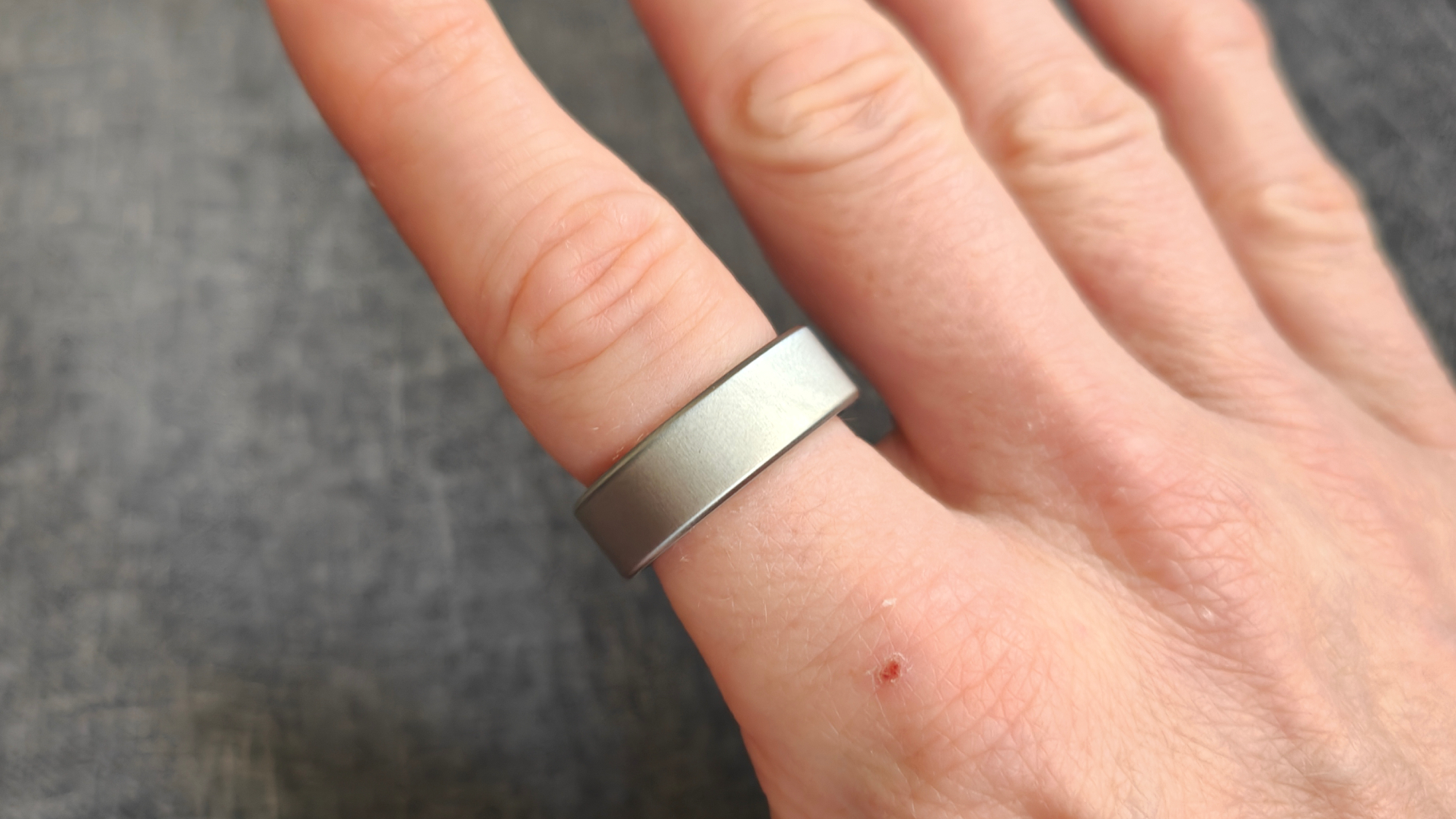
The Oura Ring 4 is one of the best smart rings you can buy, topping the category along with the Samsung Galaxy Ring below. Smart rings are discreet health-tracking wearables with no screens and no ways to interact with the device itself: all information is passively recorded and shown to you via the Oura app. With your phone on silent, you can disconnect and still monitor your health, sleep, stress and wellbeing.
The Oura Ring 4 is a premium device, costing $349 / £349 / AU$699 with a $5.99 (around £4.50 / AU$10) monthly subscription price on top. However, it's a powerhouse of understated health information, boasting accurate heart rate readings and an ever-evolving suite of AI features, earning itself 4.5 stars in our official Oura Ring 4 review.
2. Whoop MG
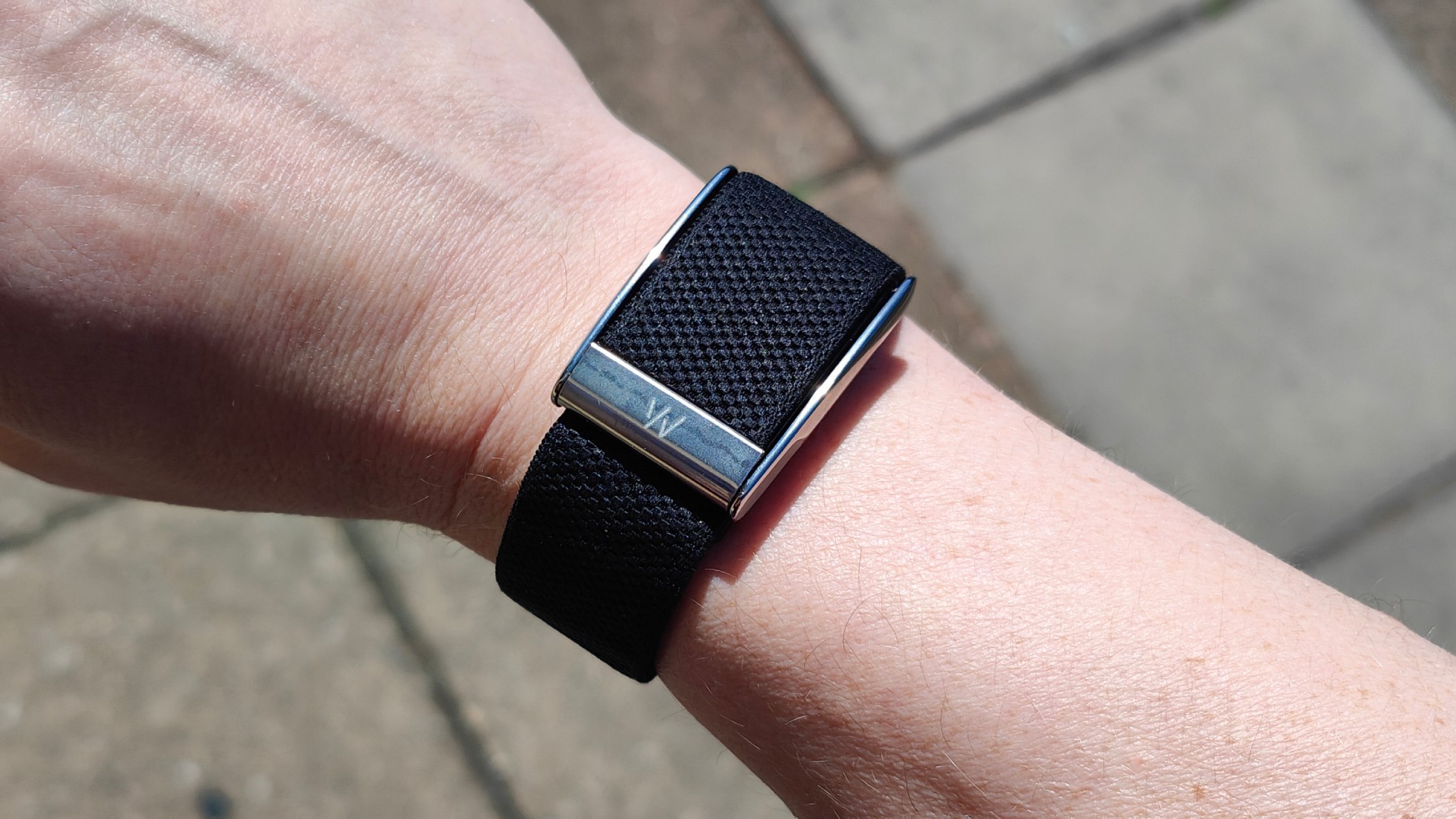
Whoop, Whoop – not the sound of the police, but the sound of another premium subscription-based health tracker. I've only just finished testing the Whoop MG, so its full review isn't yet available, but spoilers – it's perhaps the best overall comprehensive health and wellness tracker I've tried. Its metrics are accurate, its battery life is strong, its medical-grade features are useful, and its in-app software is great.
Sign up for breaking news, reviews, opinion, top tech deals, and more.
However, it's not the best value. This a premium product for those serious about hybrid exercise: at an eye-watering £349 / $359 / AU$629 per annum in perpetuity, the Whoop Life subscription plan will have you spending over $1,000 / £1,000 / AU$1,400 if you keep the device for three years. Cheaper plans are available without as many features.
It's also not the best device for runners, if you're only going to use one wearable, as it doesn't have GPS. Still, if you can afford the Whoop MG's exorbitant buy-in costs, you can probably pick up a cheap Garmin to track your runs on the side.
3. Samsung Galaxy Ring
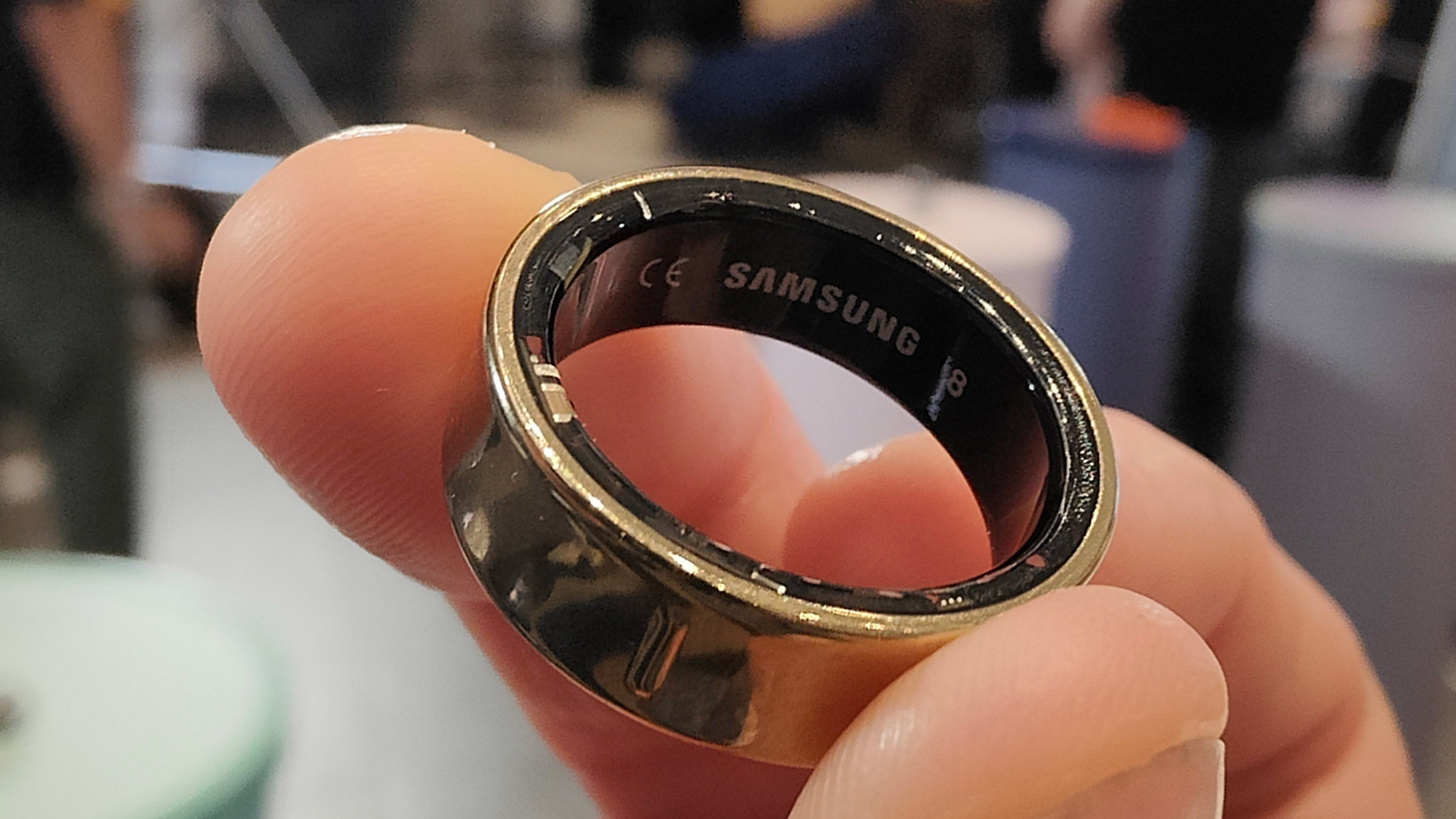
Like the Oura Ring, the Samsung Galaxy Ring is an excellent discreet wearable, but one that doesn't require a subscription, so in the long run, it's cheaper. Instead, it plugs directly into Samsung Health, which will be very appealing to users of the best Samsung phones and best Samsung smartwatches.
The Samsung Galaxy Ring is a great AI-powered health tracker, its battery lasts for ages, and it offers useful sleep tracking and stress metrics. We rated it 4.5 stars in our Samsung Galaxy Ring review, stating it's "a well-rounded device that integrates wonderfully with the Samsung Health app, using AI and cutting-edge health tools to create a comprehensive 'set and forget' wearable experience".
4. Fitbit Inspire 3
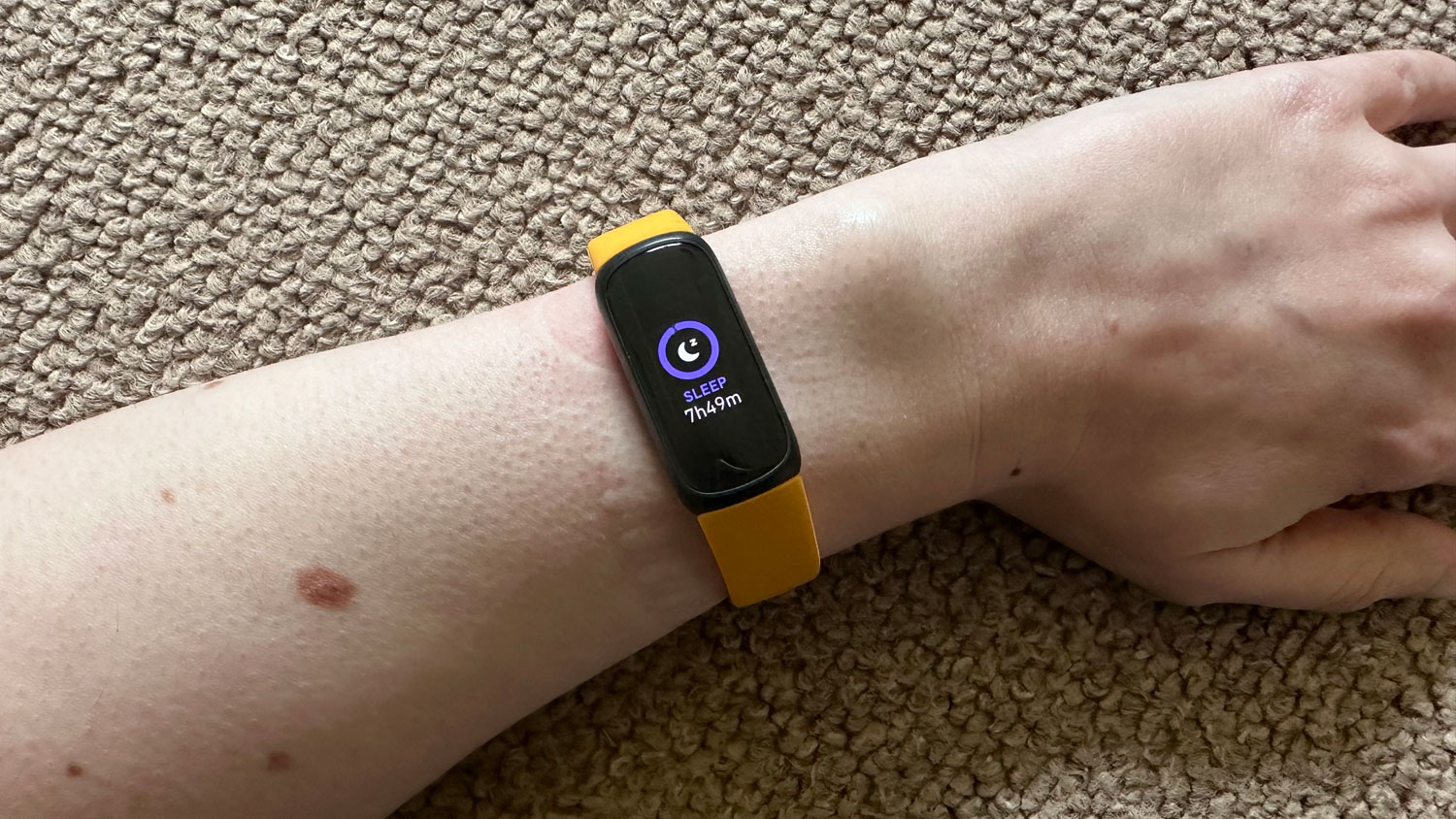
OK, it does indeed pack a full-color AMOLED screen, but one so small and discreet it's unlikely to catch your eye in the same way as a smartwatch, which is designed to be comfortably sized for limited content consumption.
The Fitbit Inspire 3 is a cheap-and-cheerful sleep, step, and heart rate tracker you can slip on and, like a smart ring, allow it to passively track metrics. With a seven-day battery life and slim profile, it's designed to be comfortable for all-day and all-night wear, and it can even be detached and worn like a traditional pedometer to track movement away from your wrist.
In our Fitbit Inspire 3 review, we called it "intuitive and affordable", and it's only gotten cheaper with frequent discounts, along with a lot of swappable bands. If you like the sound of switching your smartwatch for something less obtuse but don't want to shell out for a Galaxy Ring, it's an easy recommendation to make.
5. Garmin Index Sleep Monitor
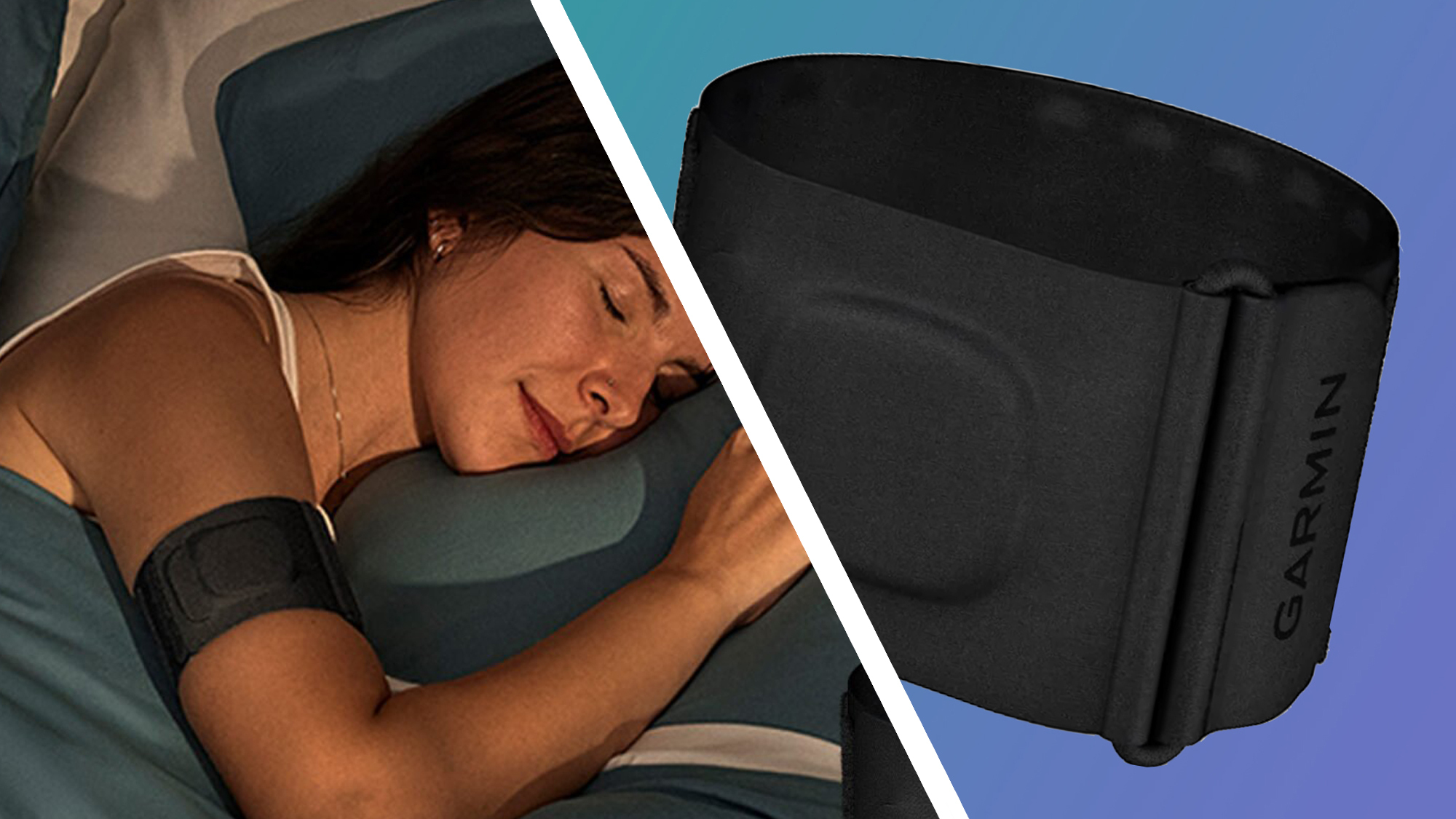
The newest addition to the list, the Garmin Index Sleep Monitor landed just a few days ago, at the time of writing. It's a slim tracker designed to be worn on the upper arm, specifically for sleep monitoring purposes, as it's both less bulky than an adventure watch and allegedly more likely to get an accurate reading in that location on the body.
While we haven't tried the device yet, I've personally slept with enough Garmin watches to know that Garmin's sleep metrics are very comprehensive, with information on sleep stages, wake times, and how that factors into training readiness and your body's energy levels. Comparison tests have shown good accuracy against competitor devices.
With all that experience at its disposal, Garmin's first sleep-only wearable is a great choice for monitoring health and wellness overnight, while swerving the uncomfortable bulk and flashing screen of the best Garmin watches.
You might also like...
- Garmin just launched the Index Sleep Monitor – here are 9 things you need to know about it
- I loved the Whoop MG, but didn't love the price: that's why I'm excited about this mysterious new fitness band from a major Garmin rival
- Nooo! Samsung confirms it's 'considering' following Garmin by adding a premium subscription tier to its Health app

Matt is TechRadar's expert on all things fitness, wellness and wearable tech.
A former staffer at Men's Health, he holds a Master's Degree in journalism from Cardiff and has written for brands like Runner's World, Women's Health, Men's Fitness, LiveScience and Fit&Well on everything fitness tech, exercise, nutrition and mental wellbeing.
Matt's a keen runner, ex-kickboxer, not averse to the odd yoga flow, and insists everyone should stretch every morning. When he’s not training or writing about health and fitness, he can be found reading doorstop-thick fantasy books with lots of fictional maps in them.
You must confirm your public display name before commenting
Please logout and then login again, you will then be prompted to enter your display name.